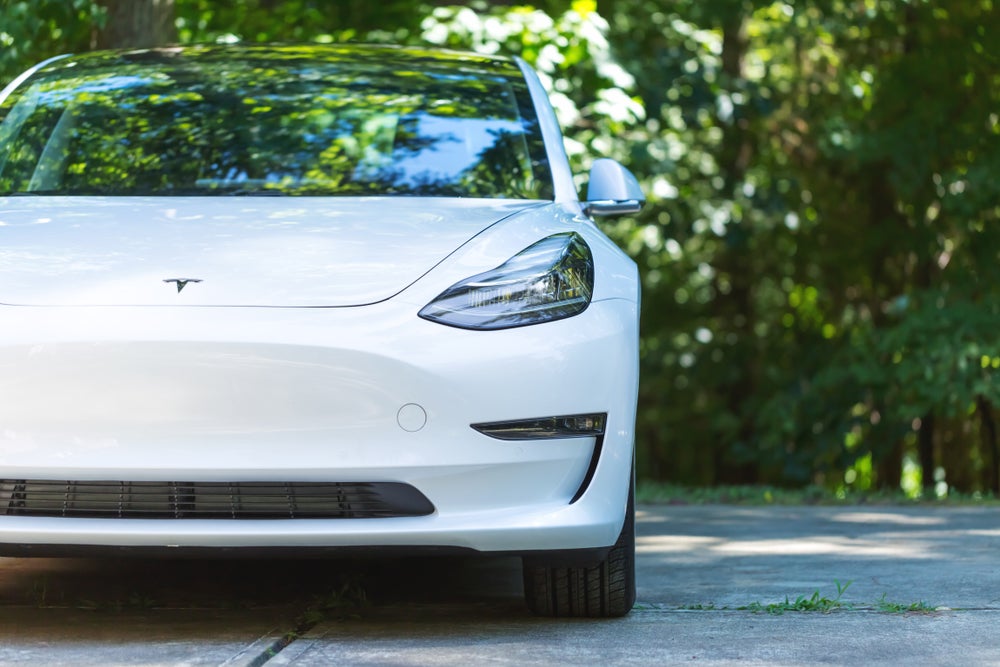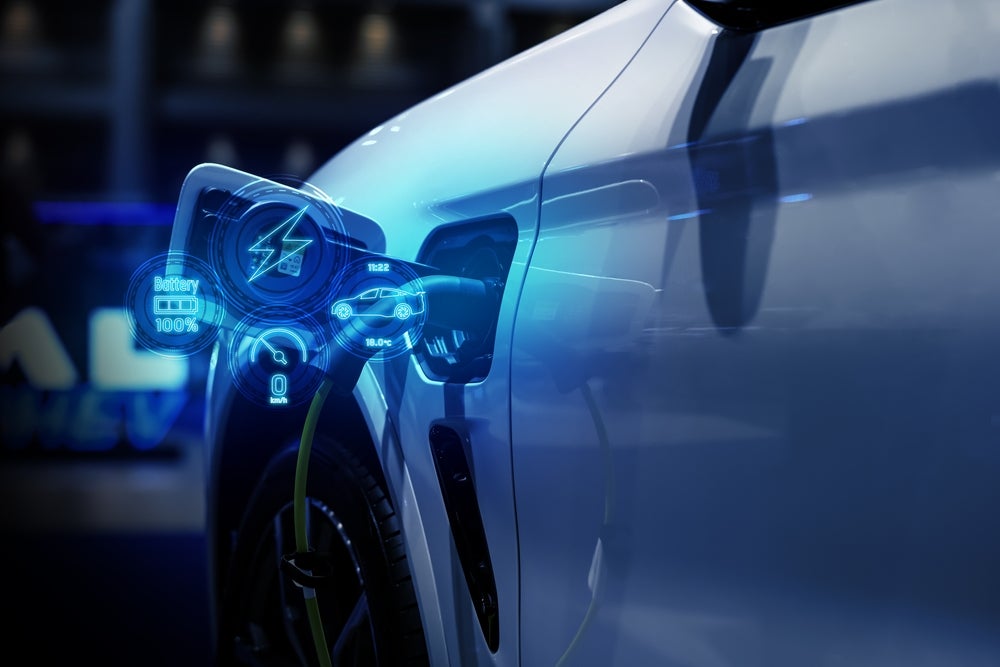
All new cars and trucks sold in the United States could be powered by electricity by 2035, according to a new report from University of California, Berkeley.
According to The 2035 Report 2.0, the electrification of transport could save households $1000 each year over the next 30 years, and support more than 2 million jobs. However, such progress hinges on the presence of robust policy reforms.
The report, which investigates the factors driving the electrification of cars and trucks, also revealed that electrification could prevent 150,000 premature deaths and avoid $1.3trn environmental and health costs by 2050.
Dr Nikit Abhyankar, senior scientist at the University of California, Berkeley Centre for Environmental Public Policy, commented: “The case for electric vehicles is stronger than ever before and one of the most exciting findings of this study is the potential for large savings for all households.
“With the right policies and infrastructure, electric cars and trucks will be much cheaper to own and operate.”
The 2035 Report 2.0 models the total cost of ownership for ICE and electric vehicles, finding that electric trucks are already cheaper to own than diesel versions on a total cost-per-mile basis, and electric cars will be cheaper than gasoline equivalents within the next five years.

US Tariffs are shifting - will you react or anticipate?
Don’t let policy changes catch you off guard. Stay proactive with real-time data and expert analysis.
By GlobalDataBy 2030, the US could electrify all new car sales and more than 80% of new truck sales, powering them with 90% clean electricity. This level of uptake is much faster than previously forecast and exceeds market projections.
Several carmakers, including General Motors and Nissan, have already committed to an all-electric future, and global private investment now exceeds $460 billion in the electric vehicle industry.
Accelerating electric vehicle adoption is also a core component of the $2 trillion infrastructure plan recently released by the Biden administration and before Congress.
Highlighting the importance of strong leadership, David Wooley, professor at the University of California, commented: “Every year America stalls, our vehicle and battery manufacturing industries fall behind in global competitiveness, consumers are saddled with higher costs, and we miss the ever-narrowing window to address the climate crisis and ensure a liveable planet.”







